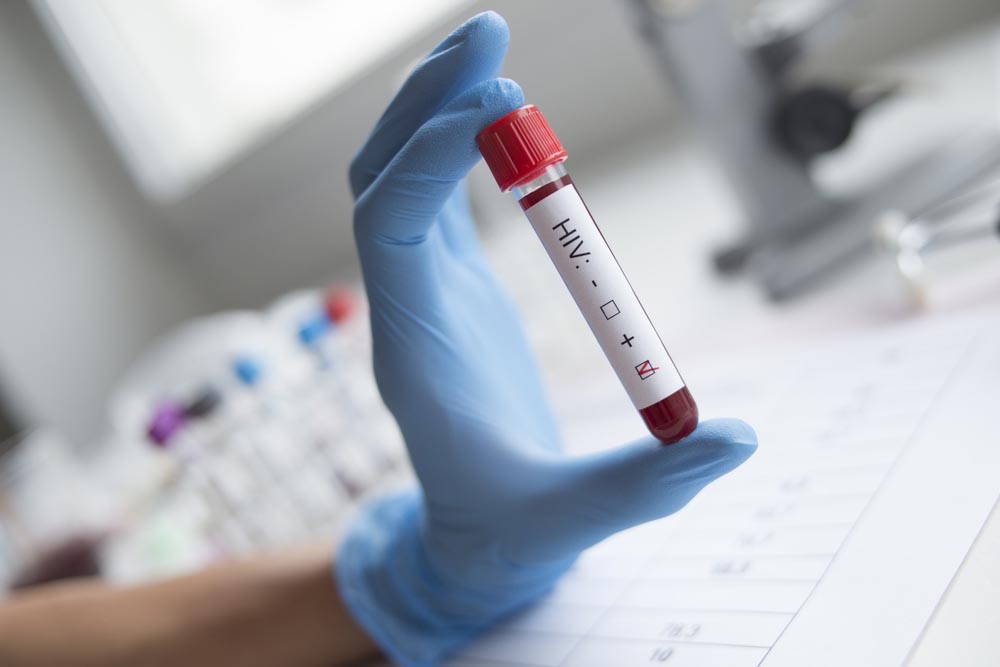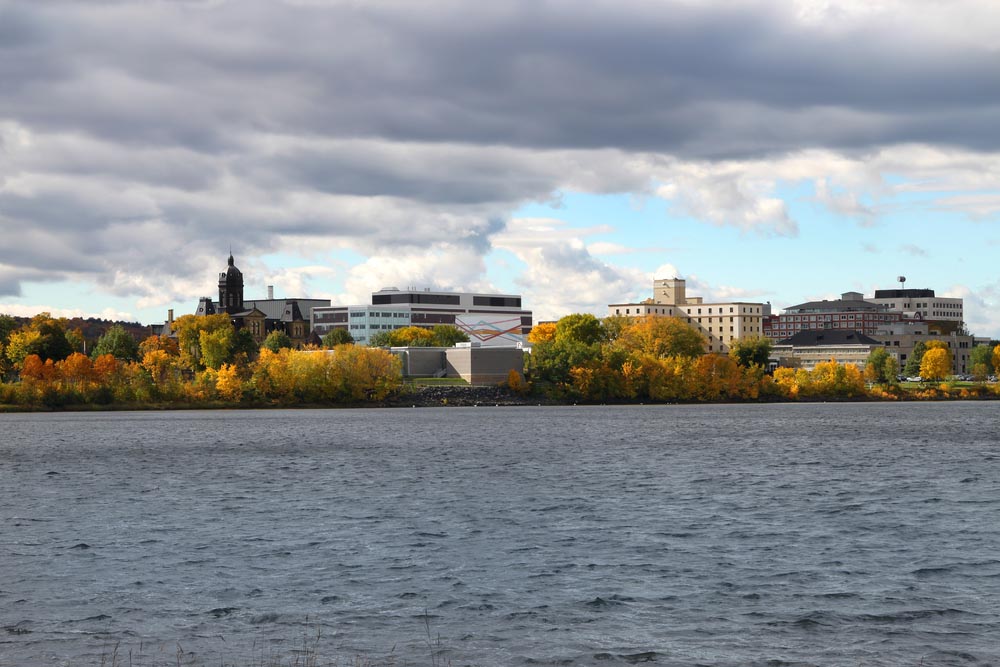The government of the picturesque province of New Brunswick is continually exerting efforts to combat the spread of human immunodeficiency virus (HIV) and acquired immunodeficiency syndrome (AIDS) through accessible testing services.
Recognizing the pivotal role early diagnosis plays in treatment and prevention, New Brunswick offers various options for HIV testing.
Here’s how you can access these services.
Free HIV testing clinics in New Brunswick
New Brunswick has established numerous free HIV testing clinics that provide confidential and supportive services across the province.
These clinics are staffed by healthcare professionals who are trained to deliver not just testing, but also counselling and education on HIV prevention and treatment.
The initiative to offer free testing is part of a larger strategy to reduce the spread of HIV by making diagnostics accessible to everyone, regardless of their financial situation.
Description
AIDS NB operates needle exchanges in Fredericton, Miramichi, and Bathurst. We provide free safe sex and drug use supplies. We also provide free workshops, information on topics such as HIV testing, sexual health, gender and sexuality, AIDS, HIV, Hep C and other STBBIs, harm reduction in classrooms and with healthcare professionals. We offer free Naloxone training and kits are free for those at risk of overdose. Awareness campaigns are held throughout the year for: World AIDS day, World Hepatitis Day, drug/overdose awareness, sexual health etc.
Address
233 Main Street
Bathurst, New Brunswick
E2A 1A9
(506) 455-2625
https://aidsnb.com/
Description
AIDS NB operates needle exchanges in Fredericton, Miramichi, and Bathurst. We provide free safe sex and drug use supplies. We also provide free workshops, information on topics such as HIV testing, sexual health, gender and sexuality, AIDS, HIV, Hep C and other STBBIs, harm reduction in classrooms and with healthcare professionals. We offer free Naloxone training and kits are free for those at risk of overdose. Awareness campaigns are held throughout the year for: World AIDS day, World Hepatitis Day, drug/overdose awareness, sexual health etc.
Address
203-440 Wilsey Road
Fredricton, New Brunswick
E3B 6E9
506-455-2625
https://aidsnb.com/
How to participate in the free HIV Testing
Participation in the free HIV testing program in New Brunswick is designed to be straightforward and barrier-free.
To undergo testing, just find the nearest clinic through public health websites or by contacting health hotlines.
Appointments can typically be made over the phone or, in some cases, online. Walk-in options may also be available if you prefer or require more immediate testing.
HIV testing options in New Brunswick
New Brunswick offers a variety of HIV testing options to accommodate personal preferences and circumstances. This way, you get access to testing in a way that suits you best.
Private clinic
Although this is a paid option, private clinics offer confidential HIV testing services and provide a more personalized healthcare experience.
Local lab
Local laboratories across New Brunswick also conduct HIV testing if you have a doctor’s referral. If you choose this option, the testing will be conducted in a laboratory setting.

Community clinic
Community clinics are integral to New Brunswick’s strategy for making HIV testing widely available. These clinics often offer free or low-cost testing and are accessible in various locations, including urban centres and rural areas.
At home
Recognizing the need for privacy and convenience, New Brunswick also supports at-home HIV testing. This option allows you to conduct the test in the privacy of your home, at a time that suits you best.
At-home HIV test
The at-home HIV test is a revolutionary step forward in making testing as accessible as possible. These tests available for free or at a minimal cost and can be obtained from health clinics, community centres or ordered online.
Frequently asked questions
Why get tested for HIV?
Getting tested for HIV allows you to know your status, seek early treatment if necessary and take steps to prevent the spread of the virus to others. Early detection can significantly improve treatment outcomes and quality of life.
Who should get tested for HIV?
HIV testing is recommended for everyone, particularly those who are sexually active, have shared needles or have been exposed to the virus through any other means. Regular testing is advised for those at higher risk.
When should I be tested for HIV?
Testing should be done at least once as a routine part of medical care. Those at higher risk of exposure should consider getting tested more frequently, such as every three to six months. Following a potential exposure to HIV, it’s advisable to wait a few weeks before testing since the virus may not be detectable immediately.
What if I test positive for HIV?
Though challenging, keep in mind that HIV is a manageable condition, especially with early treatment. Upon a positive result, you’ll be referred to specialized care where you can receive antiretroviral therapy (ART) and support services.
Living with HIV today is vastly different than it was decades ago. With proper treatment, you can lead a long and healthy life.
Key takeaway
New Brunswick’s approach to HIV testing, particularly the availability of free and at-home testing options, demonstrates a comprehensive and inclusive strategy toward managing and preventing HIV and acquired immunodeficiency syndrome (AIDS).
By making testing accessible and convenient, the province not only helps people learn their status and access necessary care but also plays a crucial role in the broader public health effort to combat the spread of HIV.




















































